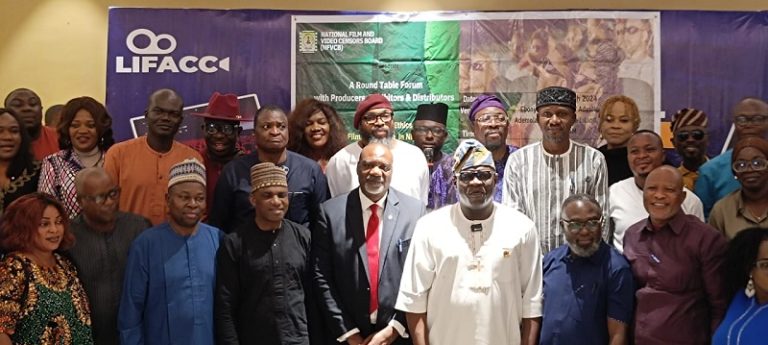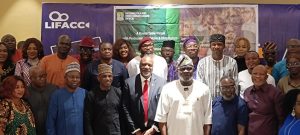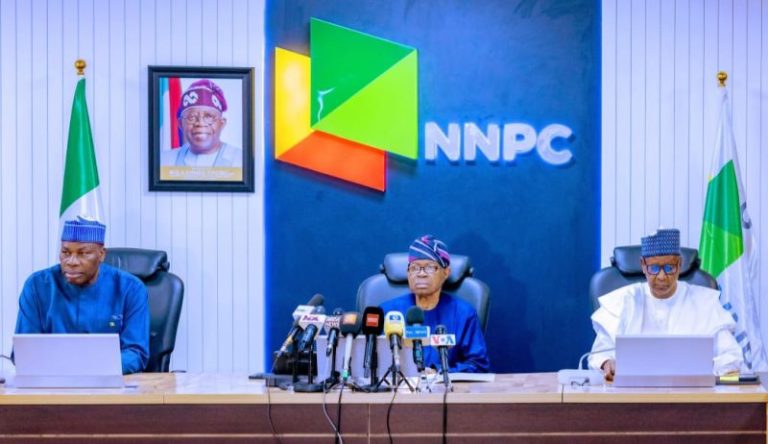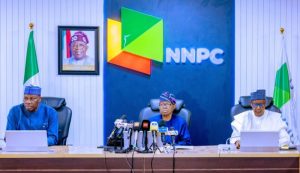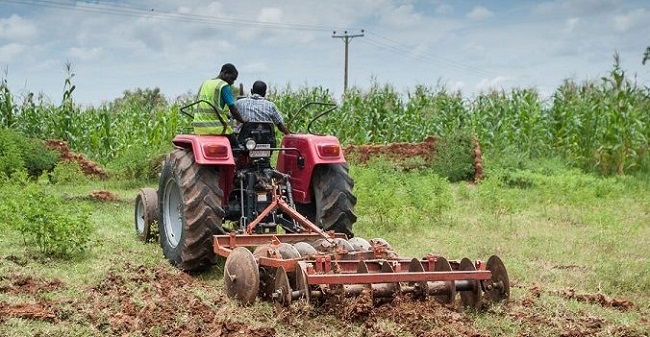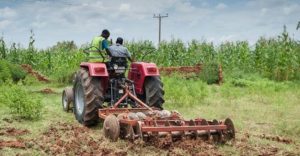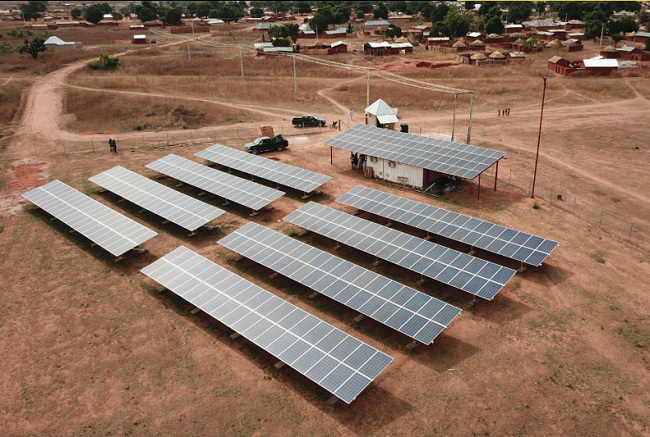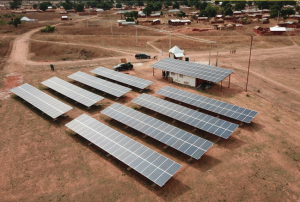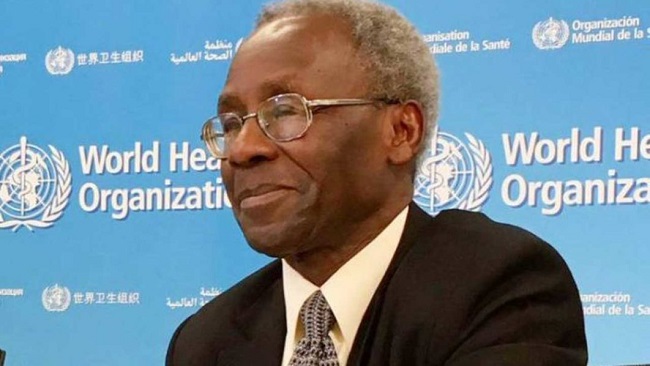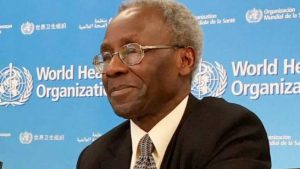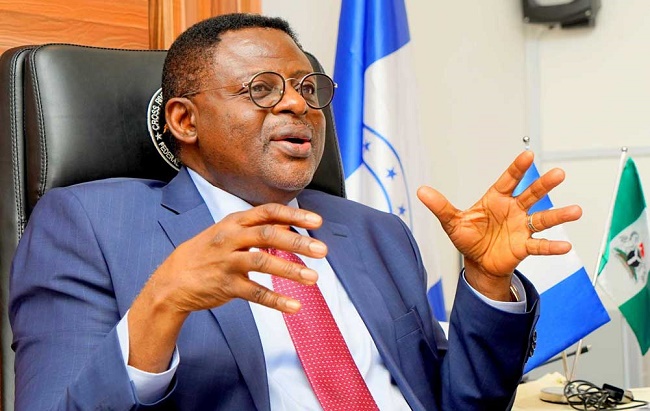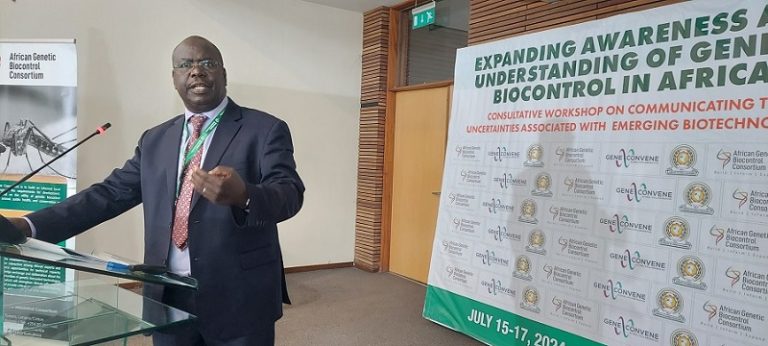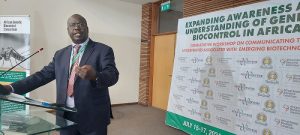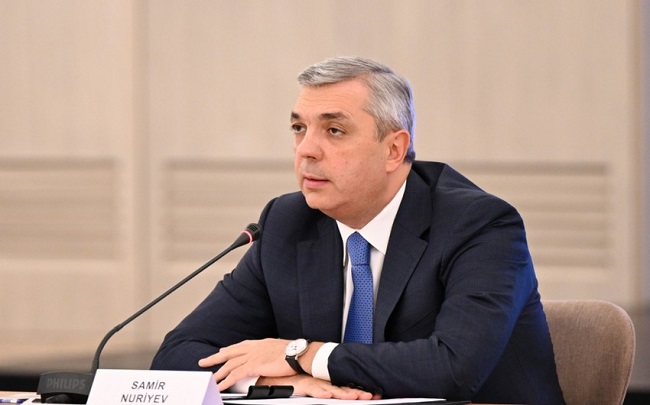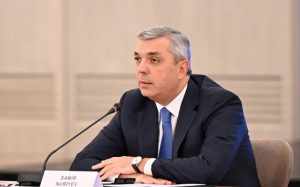When the construction of the Dangote Petroleum Refinery Limited began in 2016, Nigerians were upbeat that it will crash the high price of Petroleum Motor Spirit (PMS), popularly known as fuel and also stop its importation.

The refinery in size of nearly 4,000 football fields and located at the Lekki Free Zone, outside of Lagos, was inaugurated in May 2023.
It has the capacity to produce 650,000 barrels of crude oil per day (bpd), making it the largest single-train refinery in the world.
Nigeria is one of Africa’s largest oil producers, with its oil reserve at 37.50 billion barrels; yet lacks capability to refine its oil; forcing it to rely on imported fuel for so long.
Industry watchers were hopeful that the opening of the refinery will trigger the processing of enough oil; not only to make Nigeria self-sufficient, but to supply petrol, diesel and jet fuel to other countries.
However, perceptive observers are worried that the recent faceoff between Alhaji Aliko Dangote, the owner of the refinery, and the managers of the country’s oil and gas industry, appears to be dashing the expectations of Nigerians.
They regret that the 19 billion dollars refinery is now operational but has not refined PMS due to numerous challenges outlined by the owner himself, Dangote.
Worthy of note, Dangote has accused certain “mafias” of attempting to sabotage his refinery project.
He lamented that the International Oil Companies (IOCs) were hampering the refinery production by either refusing to sell crude oil or charging him up to four dollars extra, above the standard price.
Dangote complained that efforts to hit the ground were being frustrated as the refinery was unable to secure its full crude oil requirement from domestic production for its operation.
He acknowledged that the Nigerian National Petroleum Company Limited (NNPC Ltd.) supplied about 60 per cent of the 50 million barrels it lifted.
Piqued by aforementioned, Anthony Chiejina, Group Chief Branding and Communications Officer, Dangote Refinery, urged the Nigerian Upstream Petroleum Regulatory Commission (NUPRC) to fully enforce the Domestic Crude Supply Obligation (DCSO) as mandated by the Petroleum Industry Act (PIA).
“Our concern has always been NUPRC’s reluctance to enforce the DCSO and ensure that we receive our full crude oil requirement from the NNPC and the IOCs producing in Nigeria, which always redirect us to their international trading arms.
“Consequently, we often purchase the same Nigerian crude oil from international traders at an additional three to four dollars premium per barrel which translates to three to four million, per cargo,’’ he said.
At the other end, the Nigerian Midstream and Downstream Petroleum Regulatory Authority (NMDPRA) and Dangote were also at loggerheads over indiscriminate issuing of licenses to individuals who allegedly imported contaminated fuel.
Dangote’s accusations against some high-placed individuals of the importation of contaminated fuel was, however, refuted by the NMDPRA which was of the opinion that no dirty fuel was imported into the country.
NMDPRA added that it took seriously its statutory mandate to ensure that only quality petroleum products are supplied and consumed in Nigeria.
NMDPRA said that the Dangote refinery was at its pre-commissioning stage, while its diesel was below international standard, adding that the country would not stop fuel importation to avoid monopoly by the refinery.
Dangote, however, refuted the NMDPRA position on the issue and also declared that NNPC Ltd. no longer owned a 20 per cent stake in its Refinery, after it failed to pay the balance of its shares, which was due in June.
The company maintained that the Nigerian oil company owned only 7.2 per cent of the refinery.
For NNPC Ltd., Dangote’s decision amounted to a breach in their agreement, as the decision to cap its equity participation at the paid-up sum was made and communicated to Dangote refinery several months ago.
Dangote subsequently alleged that the NNPC Ltd. opened a blending plant somewhere off Malta, where they brought in poor quality products with fake certificates.
The NNPC Ltd. swiftly refuted the allegation and urged Dangote to disclose the identity of workers of the company whom he claimed owned blending plant in Malta or make them known to relevant security agencies for necessary actions.
The Minister of State Petroleum Resources (Oil), Sen. Heineken Lokpobiri, had also convened a high-level meeting with key oil managers which marked a significant step in resolving the challenges and issues surrounding the Dangote Refinery.
The meeting had in attendance Dangote, Mr Farouk Ahmed, Authority Chief Executive, NMDPRA, Mr Gbenga Komolafe, Commission Chief Executive, NUPRC and Malam Mele Kyari, Group Chief Executive Officer, NNPC Ltd.
Weighing in on the imbroglio, President Bola Tinubu recently directed the NNPC Ltd. to commence crude oil sale to the refinery and other local refineries in naira denomination, to promote crude oil trade, using the local currency.
Policy analysts are the view that the president’s directive– Naira Crude Sales Initiative– marks significant milestone in Nigeria’s journey towards economic prosperity and all eyes are on the promising future and development.
Nonetheless, the refinery is yet to buy crude in naira; hence the Minister of Finance and Coordinating Minister of Economy, Mr Wale Edun, is initiating a meeting of relevant stakeholders to ensure the realisation of the policy objective.
Reacting to the current crisis in the industry, former President, Olusegun Obasanjo said that cabals in the Nigeria’s oil sector would continue to frustrate the Dangote Refinery because they were benefiting from the refined petrol import.
Obasanjo expressed worry that those profiting from the lucrative fuel importation business will do everything thing within their powers to sabotage the Dangote Refinery.
Sharing a similar stance, Dr Akinwunmi Adesina, President, African Development Bank (AfDB), warned that the whole issue on Dangote Refinery was shocking and creating bad waves for Nigeria globally.
According to Adesina, Nigeria cannot and must not undermine, disparage or kill local industries.
“It is more than simply delivering the cheapest product to the market; it is about domestic supply security, driving (and yes, protecting) globally competitive industries, maximising forward and backward linkages in the local economy, job creation, reducing forex expenses and shoring up the naira,’’ he said.
Reflecting on the impasse, an Economic Expert, Dr Chijioke Ekechukwu, said the situation would impede the economic and beneficial projections for 2024 and 2025.
“There is a myriad of by-products from the refining of crude oil which will also add to the export products of Nigeria through Dangote Refinery.
“When more of these products are exported, there will be more foreign currency inflows and attendant increase in their liquidity while the exchange rate is expected to drop accordingly.
“The production of the refinery will obviously reduce the amount of foreign currencies hitherto deployed to import same; our foreign reserve can be used as a buffer for other obligations.
“These are all the beneficial projections which are made for 2024 and 2025 but with the current impasse between the refinery and their regulators therefore, these projections are not likely to materialise,’’ he said.
More so, an Oil and Gas Consultant, Mr Henry Adigun, described the refinery as one of the best in the world and called for a proper engagement between the Dangote group and the regulators than imbibing wild accusations, threats, misinformation and media war.
Adigun advised that issues of crude supply, petrol pricing and subsidy among others in the country should be worked out.
He explained that the call for IOCs to give out crude at less than market prices as expected by Dangote was against the provision of the Petroleum Industry Act (PIA) which dwelled on willing buyer- willing seller, and not because Dangote was involved.
According to Adigun, the PIA, which is the law governing the oil and gas industry, should be obeyed and respected while the national assets must be protected.
“Even if Nigeria gives all her crude oil, it will not be enough hence Dangote will still need crude oil from outside the country to blend.
“We do not have enough crude oil to offer; we are producing 1.6 million barrels per day; if all the refineries start working, that might not even go round,’’ he argued.
Meanwhile, Speaker, House of Representative, Tajudeen Abbas, has constituted a new seven-member panel that will be part of the joint committee to probe alleged economic sabotage in the petroleum industry.
The development followed the recent dissolution of the adhoc committee earlier set up by the House to probe alleged infractions in the oil and gas sector.
All in all, it is stakeholders’ opinion that the squabble in the Nigeria’s most strategic sector will be counterproductive as the nation drudgeries through economic recovery.
They urge all parties entangled in the melee to put national interest above private interests and resolve the complications amicably.
By Emmanuella Anokam, News Agency of Nigeria (NAN)


